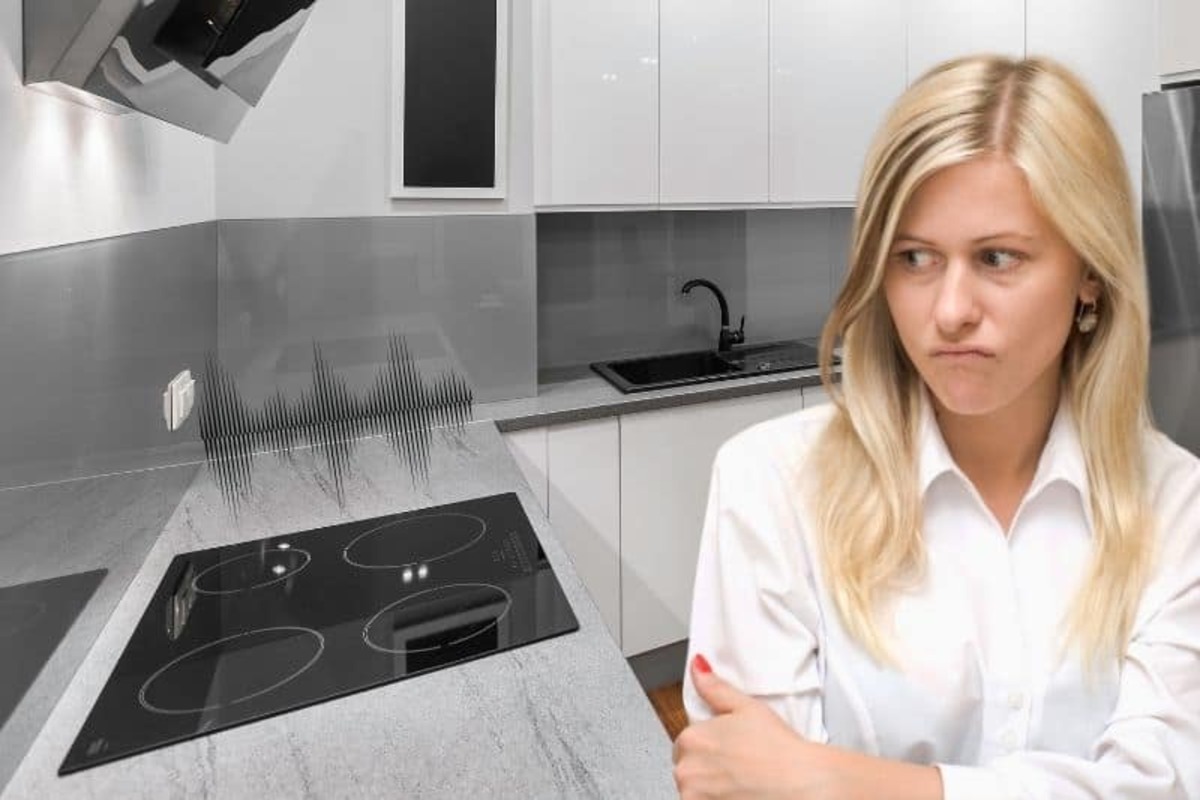

Articles
Why Does My Induction Cooktop Buzz
Modified: February 26, 2024
Discover the reasons behind that annoying buzzing sound your induction cooktop might make with our informative articles on this common issue.
(Many of the links in this article redirect to a specific reviewed product. Your purchase of these products through affiliate links helps to generate commission for Storables.com, at no extra cost. Learn more)
Introduction
Induction cooktops have become increasingly popular in modern kitchens due to their efficiency, precision, and sleek design. However, some users may experience an issue where their induction cooktop emits a buzzing sound. This buzzing noise can be bothersome and may raise concerns about the cooktop’s safety and functionality.
In this article, we will delve into the causes of buzzing in induction cooktops and explore possible solutions to resolve the issue. Understanding the reasons behind this buzzing sound will not only help you troubleshoot the problem but also ensure the optimal performance of your induction cooktop.
So, why does your induction cooktop buzz? Let’s find out.
Key Takeaways:
- Induction cooktop buzzing can be caused by electromagnetic interference, loose components, insufficient voltage, or incompatible cookware. Understanding and addressing these factors can help resolve the issue and ensure a quiet cooking experience.
- Seeking professional assistance for induction cooktop buzzing is advisable to ensure safety, expertise, warranty preservation, and prevention of further damage. Professional technicians can diagnose and resolve complex issues effectively.
Read more: Why Does My Ceiling Light Buzz?
Understanding Induction Cooktops
Before we delve into the causes of buzzing in induction cooktops, let’s get a better understanding of how these cooktops work. Unlike traditional gas or electric cooktops, induction cooktops utilize electromagnetic technology to directly heat the cookware, enabling faster cooking times and precise temperature control.
Induction cooktops consist of a flat, glass-ceramic surface that houses an electromagnetic coil. When an electrical current passes through the coil, it generates a magnetic field beneath the surface. This magnetic field interacts with the magnetic elements present in induction-compatible cookware, creating a resistive heating effect. As a result, the cookware heats up rapidly while the cooktop surface remains relatively cool.
Unlike gas or electric cooktops, induction cooktops do not generate heat directly. As a result, they are considered more energy-efficient and safer to use. The absence of open flames or exposed heating elements minimizes the risk of accidental burn injuries and makes induction cooktops easier to clean.
Now that we have a basic understanding of how induction cooktops work, let’s explore the potential causes of buzzing sounds in these appliances.
Causes of Buzzing in Induction Cooktops
The buzzing sound in an induction cooktop can be attributed to various factors. Understanding these causes will help you identify and resolve the issue effectively. Here are some common reasons why your induction cooktop may be buzzing:
- Electromagnetic Interference: Induction cooktops generate a powerful electromagnetic field during operation. In some cases, this electromagnetic field can interfere with nearby electronic devices, such as radios, televisions, or even Wi-Fi signals. This interference can result in a buzzing sound. To mitigate this issue, ensure that your cooktop is installed at a safe distance from sensitive electronic devices.
- Loose or Damaged Components: Over time, the components inside the induction cooktop may become loose or damaged. Loose connections or faulty wiring can cause buzzing sounds. If you suspect this to be the case, it is best to consult a professional for repairs or replacement of the faulty components.
- Insufficient Voltage: Induction cooktops require a stable and sufficient power supply to function optimally. Inadequate voltage or power fluctuations can lead to buzzing sounds. Consider checking the power supply in your kitchen and ensuring it meets the requirements of your cooktop. If you frequently experience voltage-related issues, consult an electrician to address the problem.
- Cookware Compatibility Issues: Induction cooktops require specific types of cookware with magnetic properties to work effectively. Using non-compatible or damaged cookware can cause buzzing sounds. Ensure that you are using induction-compatible cookware with a flat magnetic base. Damaged or warped cookware may not make proper contact with the cooktop, resulting in buzzing or vibration.
Identifying the cause of the buzzing sound is crucial for resolving the issue. Once you have determined the potential cause, you can proceed to take appropriate measures to eliminate or minimize the buzzing sound in your induction cooktop.
Electromagnetic Interference
One of the common causes of buzzing in induction cooktops is electromagnetic interference. Induction cooktops generate a strong electromagnetic field to heat the cookware, but this field can sometimes interfere with nearby electronic devices and cause buzzing sounds.
The electromagnetic field produced by the induction cooktop can disrupt the functioning of electronic devices such as radios, televisions, and Wi-Fi routers. This interference occurs because the magnetic field induces currents in nearby conductive objects, including the internal components of electronic devices. These induced currents can result in buzzes, crackles, or static noises from the affected devices.
To mitigate electromagnetic interference, it is advisable to keep your induction cooktop at a safe distance from electronic devices. Positioning the cooktop at least a few feet away from such devices will help reduce the likelihood of interference. Additionally, you can try relocating or repositioning affected devices to minimize the buzzing sound.
If you’ve noticed that the buzzing sound from your induction cooktop coincides with the operation of certain electronic devices, you can experiment with turning off or moving those devices to see if the buzzing stops. However, keep in mind that the distance and layout of your kitchen may limit your options for relocating devices.
In some cases, using shielded cables for electronic devices or placing ferrite cores on cables can help reduce electromagnetic interference. These measures help to suppress the electromagnetic field and prevent it from interfering with nearby devices.
Pro Tip: If you experience excessive electromagnetic interference in your kitchen, it may be worth consulting a professional electrician to assess the wiring and grounding system to ensure optimal electrical performance.
By understanding and addressing the issue of electromagnetic interference, you can significantly reduce or eliminate the buzzing sound in your induction cooktop, allowing for a more enjoyable and hassle-free cooking experience.
Loose or Damaged Components
If your induction cooktop is emitting a buzzing sound, it’s possible that there are loose or damaged components within the appliance. Over time, the internal components of the cooktop may become loose due to normal wear and tear, or they may get damaged due to accidents or improper handling.
Loose connections or faulty wiring can cause vibrations and buzzing sounds as electricity flows through the circuit. These vibrations can then resonate throughout the cooktop and result in an audible buzzing noise. It’s important to note that attempting to fix loose or damaged components yourself can be dangerous and may void any warranties on the appliance.
If you suspect that loose or damaged components are causing the buzzing sound, it is recommended to seek the assistance of a professional technician or contact the manufacturer’s customer support. They will have the expertise and knowledge to diagnose and repair the issue safely.
A trained technician will likely inspect the internal components of the cooktop, check for any loose connections or damaged wires, and make the necessary repairs or replacements. They will also ensure that the cooktop is reassembled correctly to prevent any future buzzing sounds.
By addressing loose or damaged components, you not only resolve the buzzing issue but also ensure the safety and optimal functioning of your induction cooktop. It is always best to rely on professionals when it comes to electrical repairs to avoid any potential hazards or further damage to the appliance.
Pro Tip: Regular maintenance and servicing of your induction cooktop can help prevent issues like loose or damaged components. Follow the manufacturer’s recommended maintenance guidelines to keep your cooktop in top shape.
Remember, safety should be your top priority, and seeking professional assistance is the best course of action when dealing with internal issues of your induction cooktop.
Ensure that the cookware you are using is compatible with induction cooktops. Only pots and pans made of magnetic materials, such as cast iron or stainless steel, will work effectively and quietly on an induction cooktop.
Read more: Why Does My Electrical Box Buzz
Insufficient Voltage
Insufficient voltage can be another cause of the buzzing sound in your induction cooktop. Induction cooktops require a stable and adequate power supply to function properly. If the voltage supplied to the cooktop is below the required level, it can result in buzzing or vibrating sounds.
Inadequate voltage can occur due to a variety of reasons, such as problems with the electrical wiring in your home, overloaded circuits, or power fluctuations from the utility provider. These voltage fluctuations can disrupt the normal functioning of the cooktop’s components and lead to buzzing noises.
If you suspect that insufficient voltage is the cause of the buzzing sound, there are a few steps you can take to address the issue:
- Check the power supply: Ensure that the power supply to your kitchen and the specific outlet used for the induction cooktop meets the electrical requirements specified by the manufacturer. Use a voltage meter to measure the voltage at the outlet under load to ensure it falls within the recommended range.
- Address wiring issues: If you suspect there are wiring issues in your home that may be causing voltage drops, it is best to consult a qualified electrician. They can inspect the wiring and make any necessary repairs or upgrades to ensure a stable power supply to your cooktop.
- Consider a voltage stabilizer: Installing a voltage stabilizer can help regulate the voltage supplied to your cooktop, preventing fluctuations that can cause buzzing sounds. Contact a professional electrician to assess your electrical system and recommend the appropriate voltage stabilizer for your specific needs.
By addressing insufficient voltage, you can safeguard the proper functioning of your induction cooktop and eliminate the buzzing sound. Remember, it is crucial to prioritize your safety and consult professionals whenever working with electrical systems or appliances.
Pro Tip: Investing in a surge protector can help protect your induction cooktop from sudden voltage spikes or surges, which can also contribute to buzzing sounds or other electrical issues.
By ensuring a stable and sufficient power supply to your induction cooktop, you can enjoy the benefits of efficient and noise-free cooking.
Cookware Compatibility Issues
Another common cause of buzzing in induction cooktops is cookware compatibility issues. Induction cooktops require specific types of cookware with magnetic properties to generate the heat necessary for cooking. Using non-compatible or damaged cookware can result in buzzing or vibrating sounds.
Induction cooktops rely on the interaction between the magnetic field they produce and the magnetic elements in the cookware. The magnetic field induces electrical currents in the base of the cookware, which in turn generates heat. This method of heat transfer is highly efficient and precise but requires the proper configuration between the cooktop and the cookware.
To ensure compatibility and minimize buzzing sounds, follow these guidelines when choosing cookware for your induction cooktop:
- Induction-compatible materials: Look for cookware made from magnetic materials such as cast iron or stainless steel. These materials have the necessary magnetic properties to interact with the induction cooktop and effectively transfer heat. Avoid using cookware made from aluminum, glass, or copper, as they are not compatible with induction cooktops unless specifically labeled as such.
- Flat and smooth base: The base of the cookware should be flat and smooth to make proper contact with the induction cooktop surface. Warped or uneven bases can cause buzzing or vibrating sounds as they do not provide consistent contact with the cooktop. Check the base of your cookware for any signs of damage or warping and replace if necessary.
- Proper size: Use cookware that matches the size of the induction cooking zone. Oversized or undersized cookware may not make optimal contact with the cooktop and can result in buzzing noises. Refer to the cooktop’s user manual for the recommended cookware dimensions for each cooking zone.
- Avoid stacked cookware: Do not stack multiple layers of cookware on the induction cooktop. Stacked cookware can create uneven magnetic fields and may cause buzzing sounds. Instead, use a single layer of cookware on each cooking zone.
By ensuring that you are using induction-compatible cookware with a flat magnetic base, you can minimize vibrations and buzzing sounds. Investing in high-quality cookware specifically designed for induction cooktops will not only enhance your cooking experience but also prevent potential issues.
Pro Tip: To test if your existing cookware is induction-compatible, place a refrigerator magnet on the base. If it sticks firmly, the cookware is suitable for induction cooktops.
By addressing cookware compatibility issues, you can enjoy quiet and efficient cooking on your induction cooktop without any buzzing or vibrating sounds.
Resolving the Buzzing Issue
If your induction cooktop is buzzing, there are several steps you can take to resolve the issue and enjoy noise-free cooking. Here are some potential solutions:
- Check for electromagnetic interference: As mentioned earlier, electromagnetic interference from nearby electronic devices can cause buzzing sounds. Ensure that your cooktop is positioned at a safe distance from radios, televisions, and Wi-Fi routers. Relocating or repositioning affected devices can help minimize the interference.
- Inspect for loose or damaged components: If the buzzing sound persists, it may indicate loose or damaged internal components. In such cases, it is best to seek the assistance of a professional technician or contact the manufacturer’s customer support. They can diagnose the issue and perform any necessary repairs or component replacements.
- Verify the power supply: Insufficient voltage can also contribute to buzzing sounds in induction cooktops. Check the power supply in your kitchen and ensure it meets the electrical requirements of your cooktop. Consider consulting an electrician to address any wiring issues or install a voltage stabilizer to regulate the voltage supplied to the cooktop.
- Ensure cookware compatibility: Using induction-compatible cookware with a smooth, flat magnetic base is essential for noise-free cooking. Verify that your cookware is suitable for induction cooktops and replace any damaged or non-compatible pieces.
- Upgrade to a higher-quality cooktop: If the buzzing issue persists despite trying the above solutions, it may be worth considering upgrading to a higher-quality induction cooktop. Newer models often come equipped with advanced technology that minimizes electromagnetic interference and reduces noise levels during operation.
Remember, safety should always be a priority when troubleshooting issues with your induction cooktop. If you are unsure about any aspect of the troubleshooting process, it is best to consult a professional technician who can provide guidance or perform the necessary repairs.
Pro Tip: Regular cleaning and maintenance of your induction cooktop can help prevent buzzing issues. Follow the manufacturer’s instructions for cleaning and care to keep your cooktop in optimal condition.
By following these steps and addressing the specific cause of the buzzing sound, you can resolve the issue and enjoy a quiet and pleasant cooking experience with your induction cooktop.
Professional Assistance
If you have tried various troubleshooting steps and the buzzing issue in your induction cooktop persists, it may be time to seek professional assistance. Professional technicians have the knowledge, expertise, and specialized tools to diagnose and resolve complex issues with your appliance.
Here are a few reasons why it is worth considering professional assistance:
- Expertise: Professional technicians have in-depth knowledge about induction cooktops and their inner workings. They can quickly identify the underlying cause of the buzzing sound and provide targeted solutions.
- Safety: Dealing with electrical appliances can be dangerous, especially if you lack experience or knowledge in the field. Professional technicians are trained to handle such issues safely, minimizing the risk of accidents or further damage to the cooktop. They have the necessary tools and know-how to perform repairs or replacements efficiently.
- Warranty Preservation: If your induction cooktop is still under warranty, attempting to fix the issue yourself may void the warranty. Professional technicians can diagnose and resolve the problem without compromising the warranty coverage, ensuring that any necessary repairs or replacements are carried out according to manufacturer guidelines.
- Time and Convenience: Hiring a professional technician saves you time and effort in troubleshooting and repairing the cooktop. They can quickly assess the issue, provide a solution, and complete the necessary repairs, allowing you to get back to using your cooktop without further delays.
- Prevention of Further Damage: Incorrectly diagnosing or attempting DIY repairs can potentially lead to further damage to your induction cooktop. Professional technicians can accurately identify the cause of the buzzing sound and address it effectively, preventing any additional issues from arising.
When seeking professional assistance, be sure to choose a reputable service provider with experience in repairing induction cooktops. Consider reading customer reviews, checking certifications, and comparing prices to ensure you receive reliable and trustworthy service.
Pro Tip: If your induction cooktop is relatively new and still covered by a manufacturer warranty, contact the customer support of the specific brand first. They may provide guidance or arrange repairs under warranty.
By opting for professional assistance, you can have peace of mind knowing that your induction cooktop will be repaired effectively, ensuring optimal performance and a quiet cooking experience.
Read more: Why Is My Lamp Buzzing
Conclusion
Induction cooktops are renowned for their efficiency and precision in the kitchen, but a buzzing sound can disrupt the cooking experience and raise concerns for users. Understanding the causes of buzzing in induction cooktops and implementing the appropriate solutions is crucial for resolving the issue and enjoying a noise-free cooking experience.
In this article, we explored various factors that can contribute to the buzzing sound in induction cooktops. Electromagnetic interference, loose or damaged components, insufficient voltage, and cookware compatibility issues were identified as common causes. By carefully examining these factors, users can troubleshoot the problem effectively.
Addressing electromagnetic interference by maintaining an appropriate distance from electronic devices and employing shielding measures can significantly reduce buzzing sounds. Checking for loose or damaged components and seeking professional assistance if necessary ensures the proper functioning and safety of the induction cooktop.
Insufficient voltage can be resolved by verifying the power supply and considering a voltage stabilizer, while cookware compatibility issues can be addressed by using induction-compatible cookware with a smooth, flat magnetic base.
If all else fails, seeking professional assistance from trained technicians is recommended. They possess the expertise to diagnose and repair complex issues with induction cooktops, preserving warranties and ensuring safety.
Remember, always prioritize safety when dealing with electrical appliances. If you are unsure about any aspect of troubleshooting or repair, consult a professional technician.
By implementing the appropriate measures and resolving the buzzing issue in your induction cooktop, you can enjoy the benefits of efficient and noise-free cooking, making meal preparation a delightful and hassle-free experience.
Frequently Asked Questions about Why Does My Induction Cooktop Buzz
Was this page helpful?
At Storables.com, we guarantee accurate and reliable information. Our content, validated by Expert Board Contributors, is crafted following stringent Editorial Policies. We're committed to providing you with well-researched, expert-backed insights for all your informational needs.
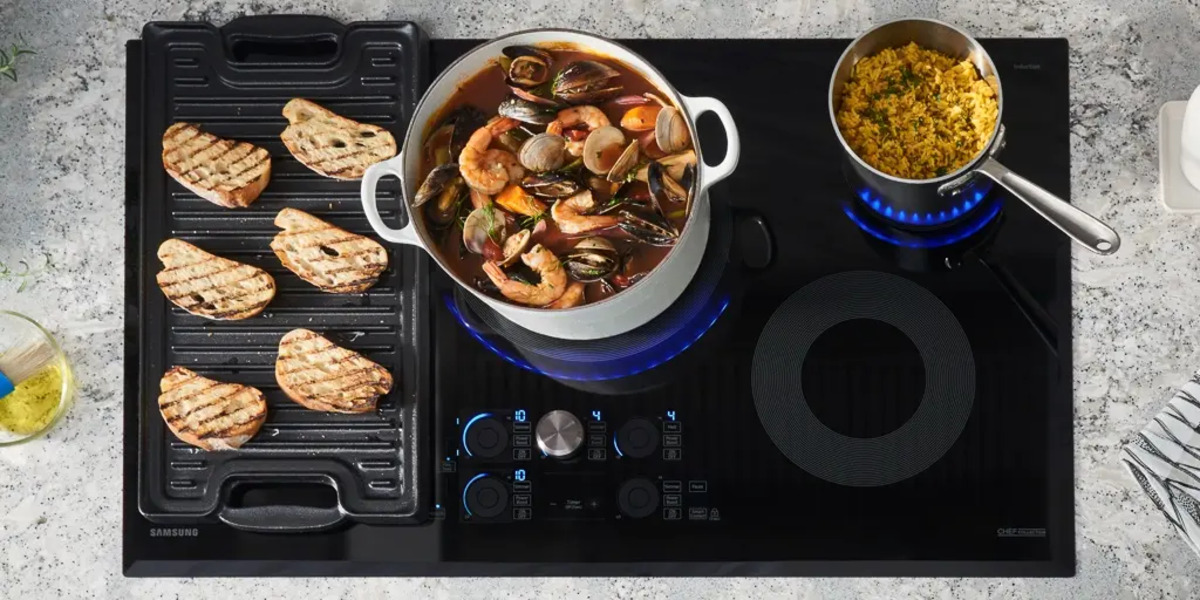
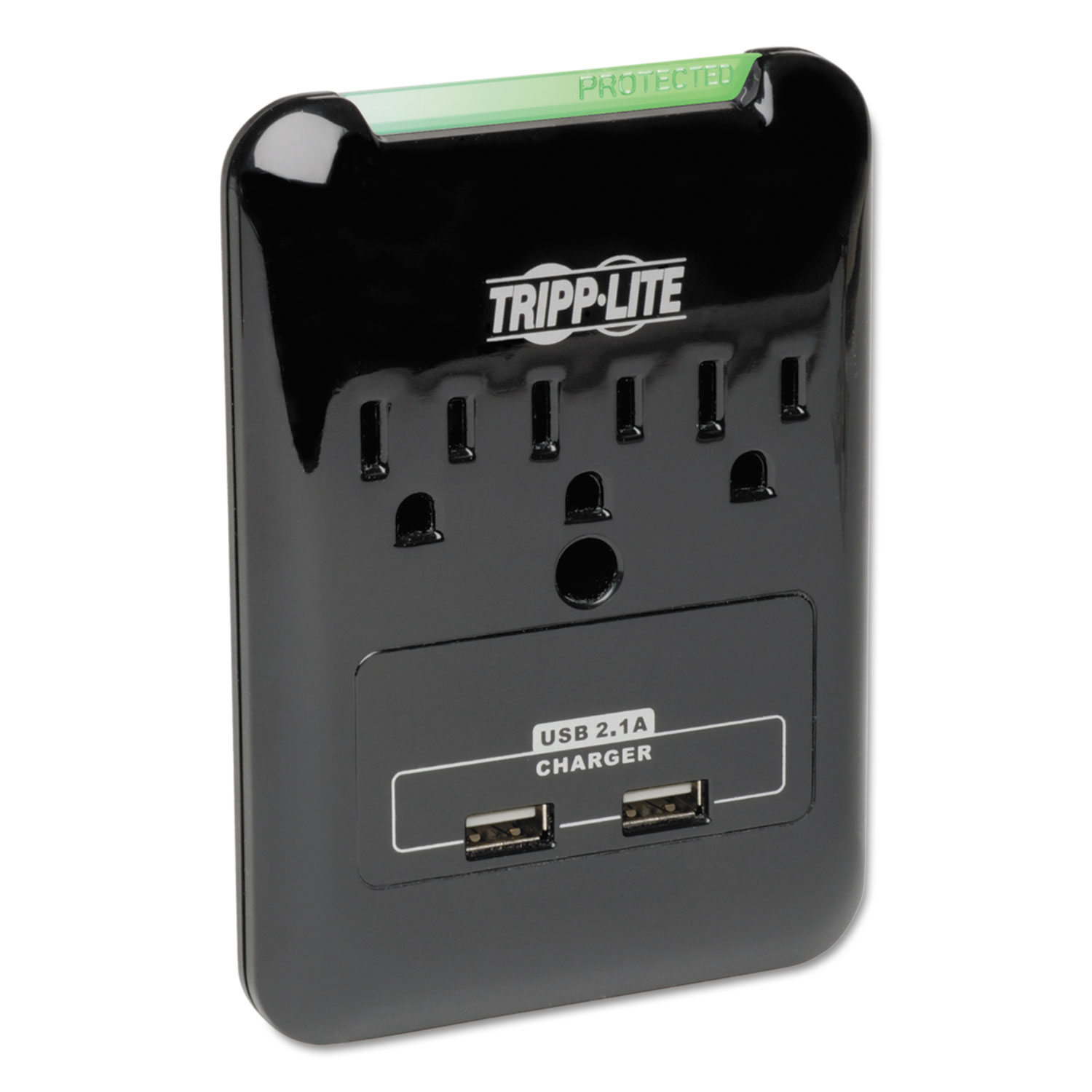
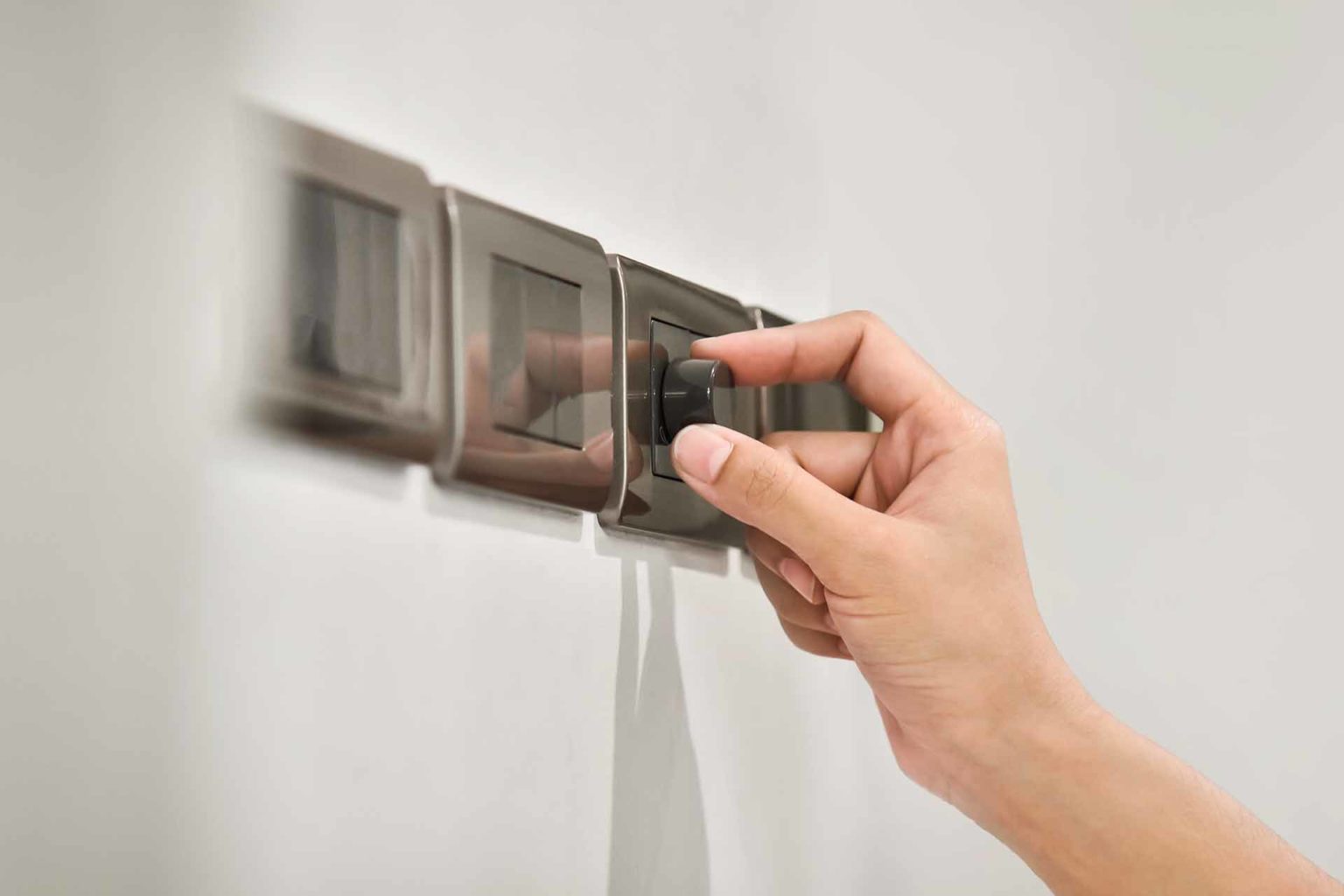
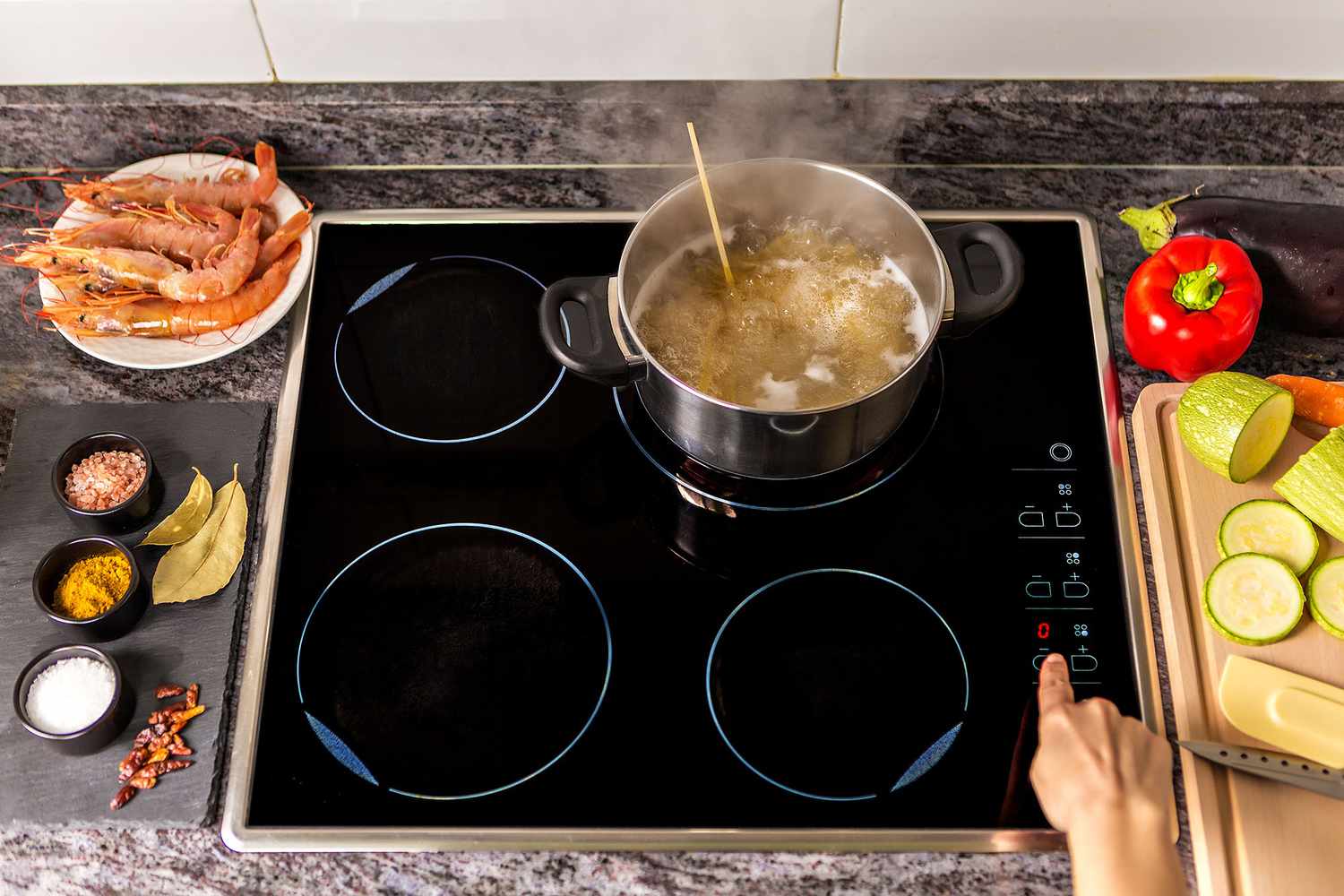
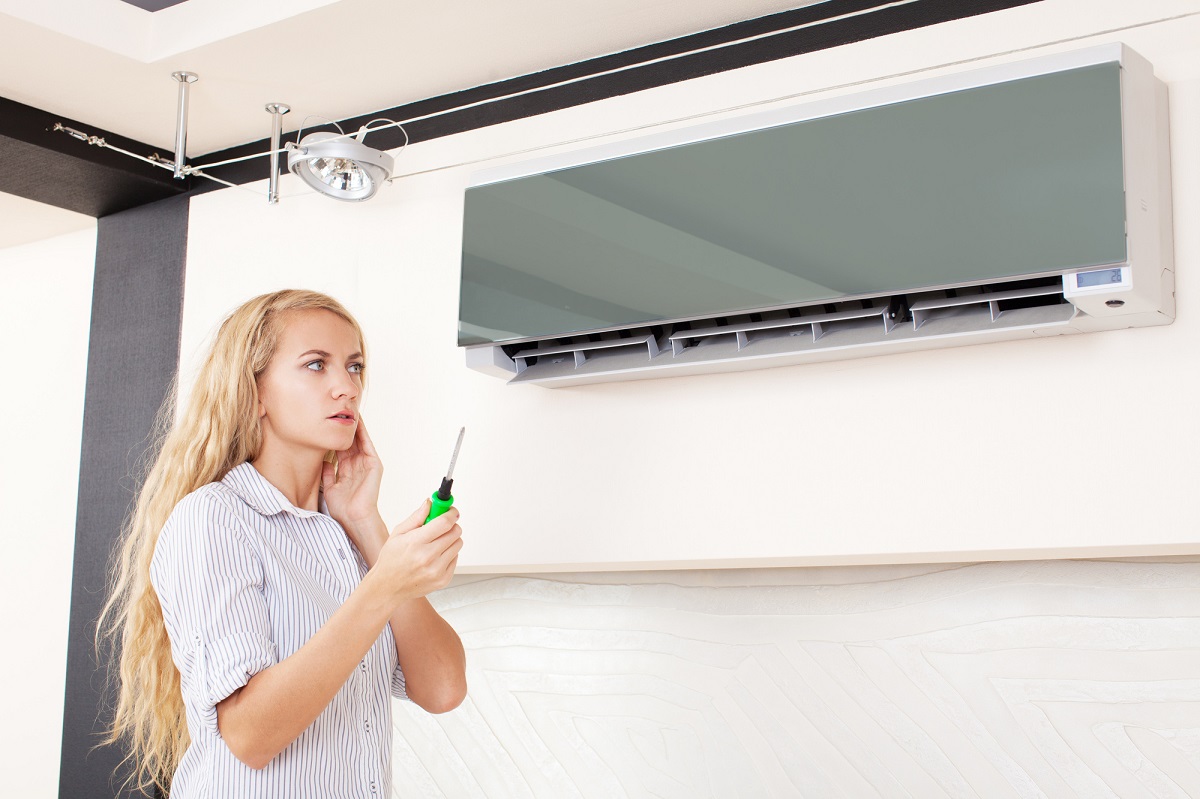


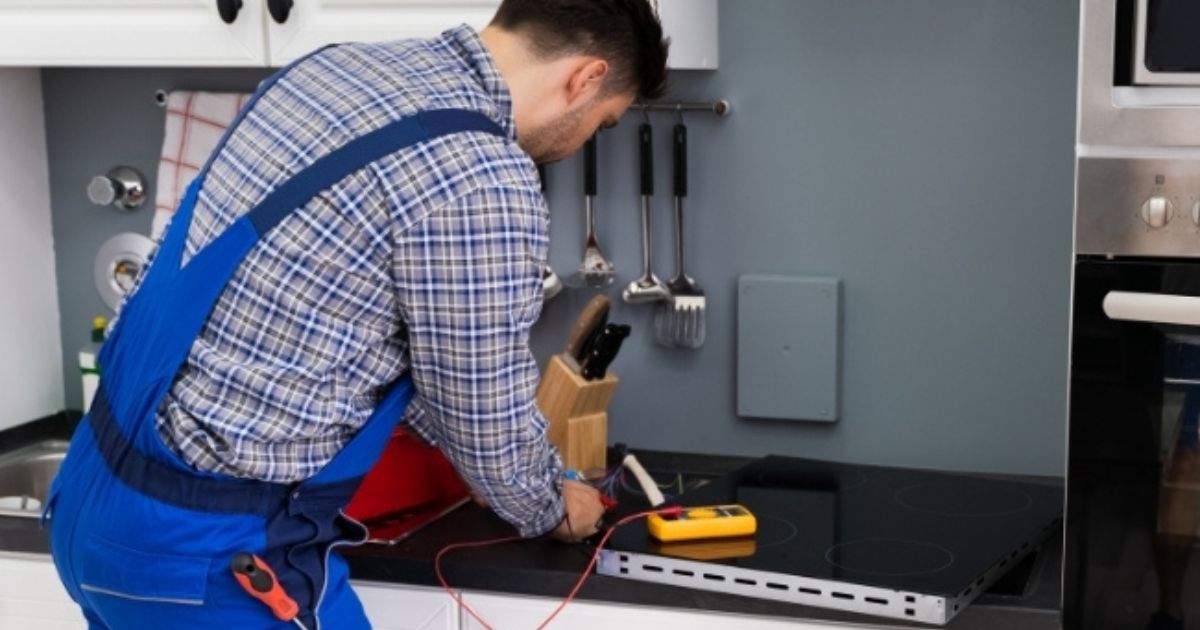

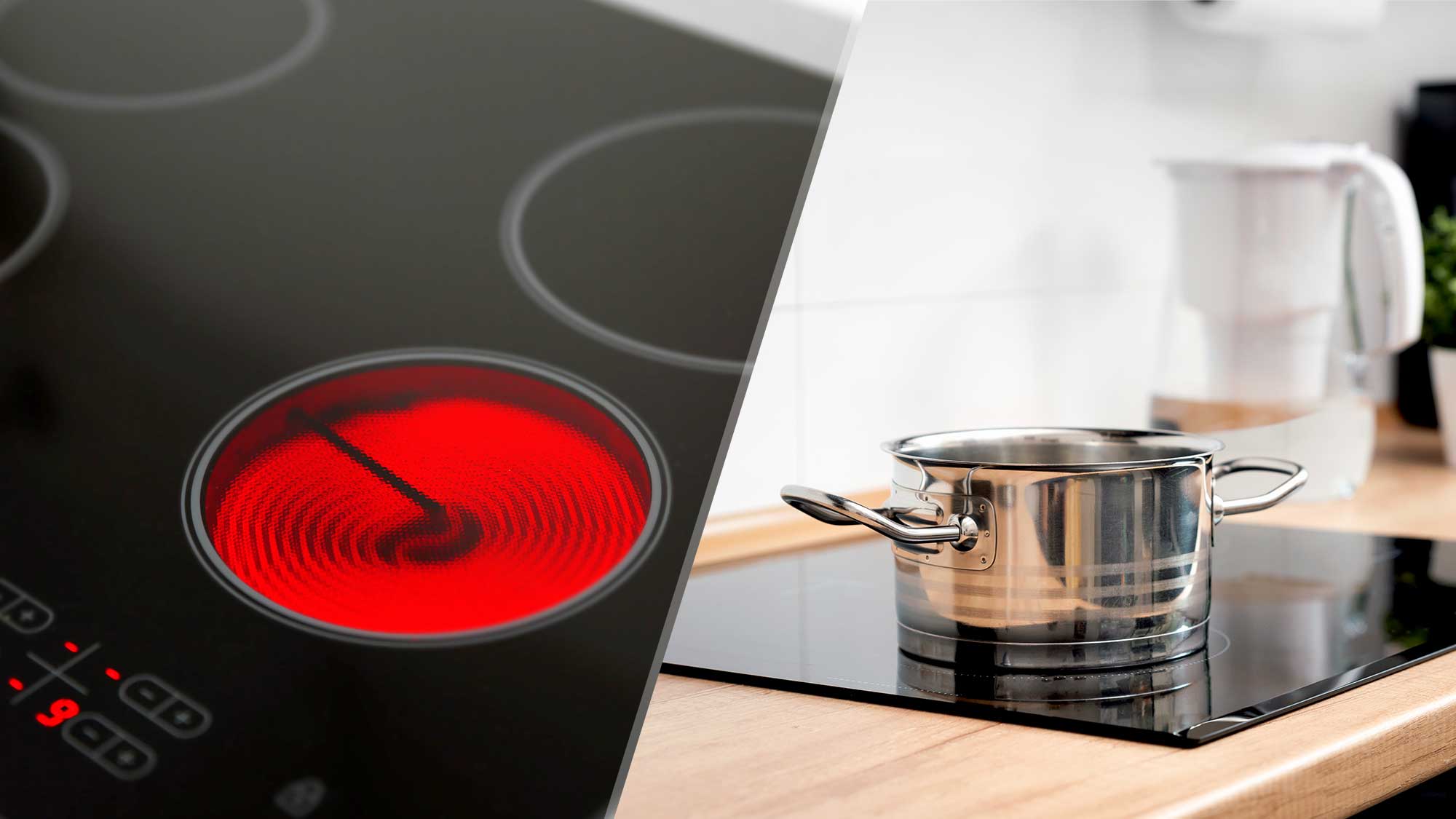

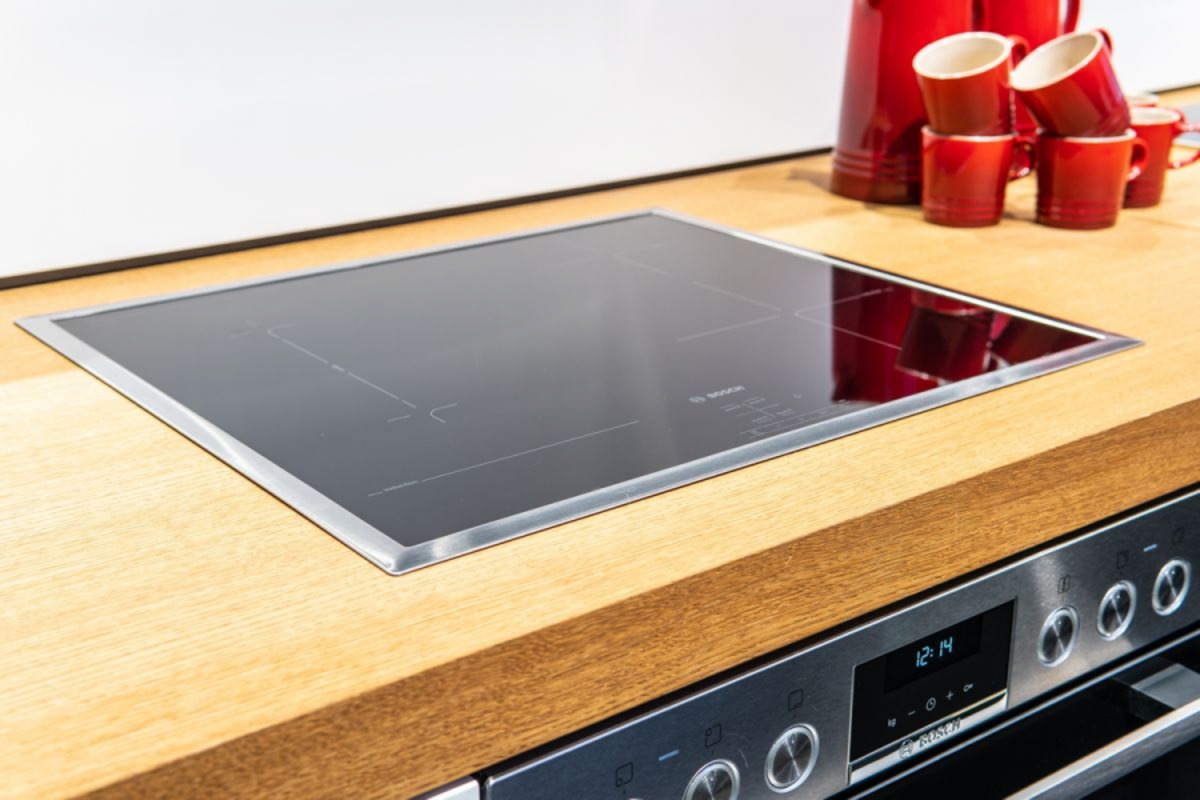
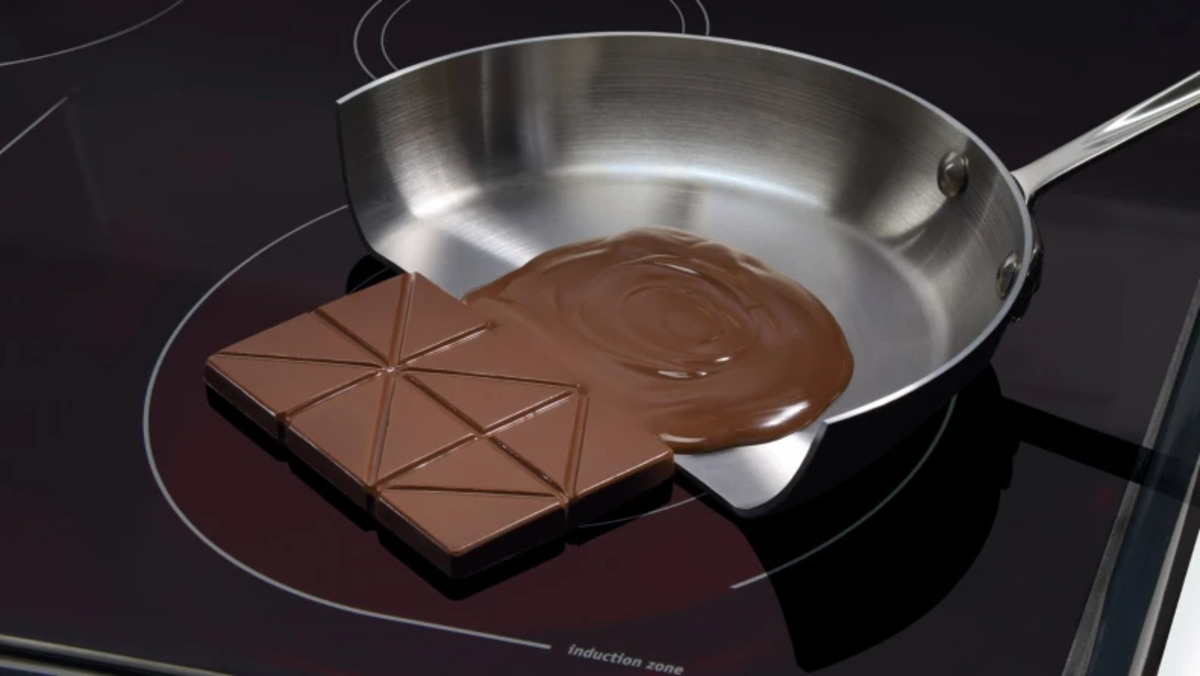

0 thoughts on “Why Does My Induction Cooktop Buzz”